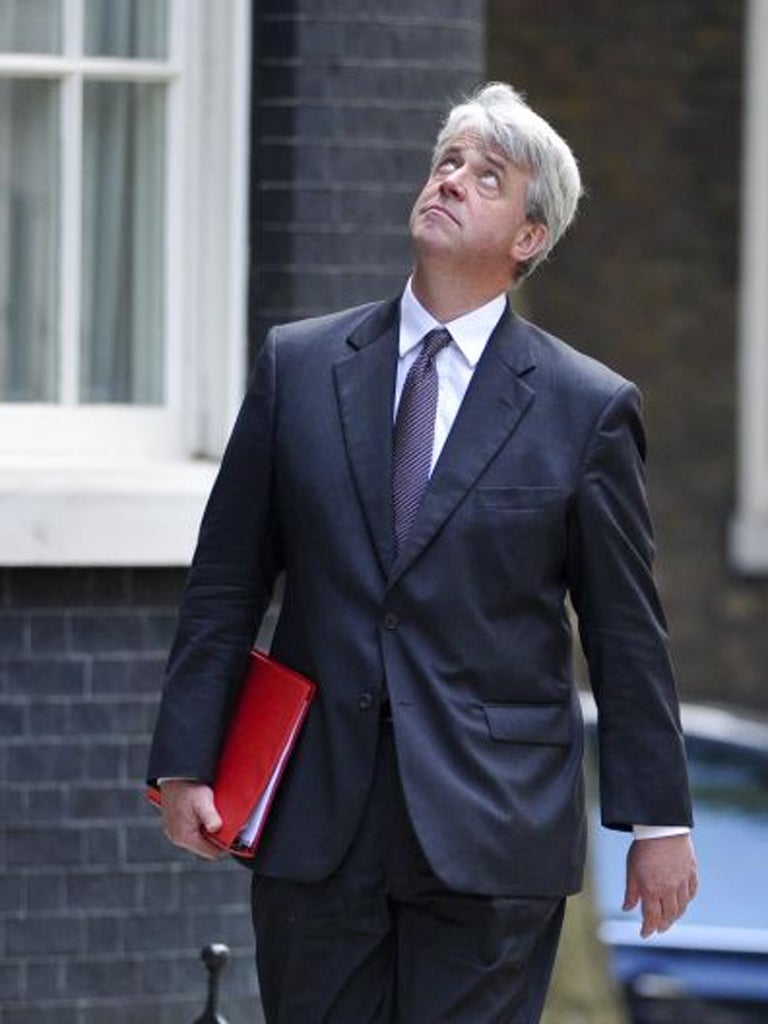Department of Health 'to blame' for CQC failings
Healthcare watchdog left hugely understaffed by Coalition's recruitment freeze, claims report

Your support helps us to tell the story
From reproductive rights to climate change to Big Tech, The Independent is on the ground when the story is developing. Whether it's investigating the financials of Elon Musk's pro-Trump PAC or producing our latest documentary, 'The A Word', which shines a light on the American women fighting for reproductive rights, we know how important it is to parse out the facts from the messaging.
At such a critical moment in US history, we need reporters on the ground. Your donation allows us to keep sending journalists to speak to both sides of the story.
The Independent is trusted by Americans across the entire political spectrum. And unlike many other quality news outlets, we choose not to lock Americans out of our reporting and analysis with paywalls. We believe quality journalism should be available to everyone, paid for by those who can afford it.
Your support makes all the difference.Britain's healthcare watchdog was prevented by the Department of Health from recruiting over 100 inspectors to investigate poor and dangerous practices in hospitals and care homes despite under-spending its budget by £42m, a damning report reveals today. As a result, at one stage last year, the Care Quality Commission was carrying out fewer than 130 inspections for safety and quality a month – less than half its target. Serious concerns have been raised about the effectiveness of the CQC which has been accused of missing some of the worst cases of abuse and poor standards of care in nursing homes and hospitals.
But now the report from the National Audit Office suggests that its poor performance may have been partly caused by intransigence and bureaucratic obstacles put in its way by officials in the Department of Health and the Treasury.
Its conclusion is embarrassing for the Health Secretary, Andrew Lansley, as the Government repeatedly promised to protect frontline NHS services and suggests that some of the recent scandals of poor patient care could have been prevented had the CQC been given adequate resources in the first place.
Margaret Hodge MP, chair of the Committee of Public Accounts, who will investigate the NAO report, said its findings were "deeply worrying" and highlighted "significant failures that put patient care at risk". She said: "Blame must be shared between the commission and the Department of Health."
The NAO report reveals that as far back as September last year the CQC approached the department to recruit 83 inspectors to fill vacant posts. But it was told by officials that inspectors did not fall within the definition of "frontline" staff – so could not be recruited due to the Government-wide recruitment freeze imposed by the Coalition.
A month later the CQC went back to the Department of Health applying for permission to recruit the inspectors as "business critical" posts. But they were told they could not advertise on the open market and had to fill the vacancies from redundancies at Whitehall.
The NAO reports that despite "insufficient good quality applications" being forthcoming, it was not until June that the commission was given approval to recruit on the open market, by which stage total vacancies had increased to 283 including 150 inspectors.
Cynthia Bower, the CQC's chief executive, is due to be questioned by MPs about the NAO's findings later this month.
Join our commenting forum
Join thought-provoking conversations, follow other Independent readers and see their replies
Comments